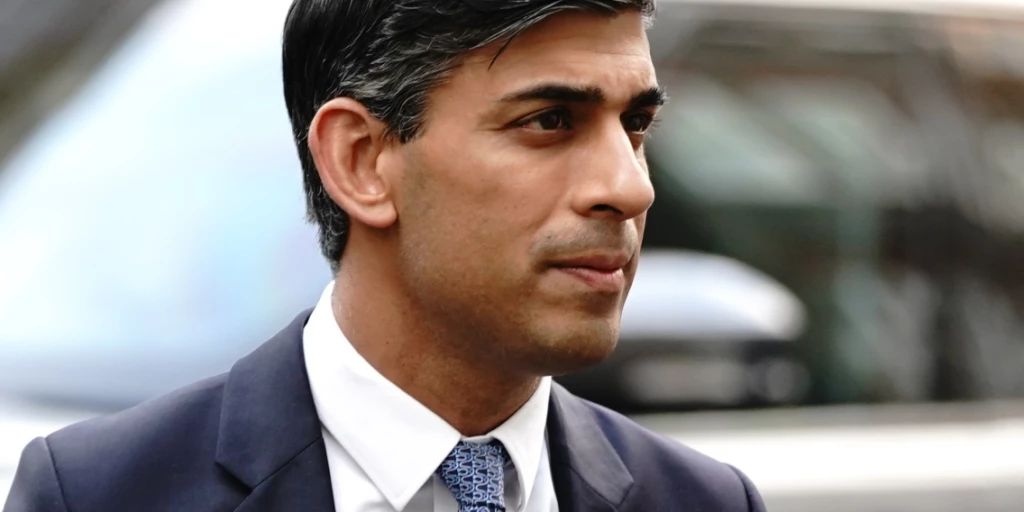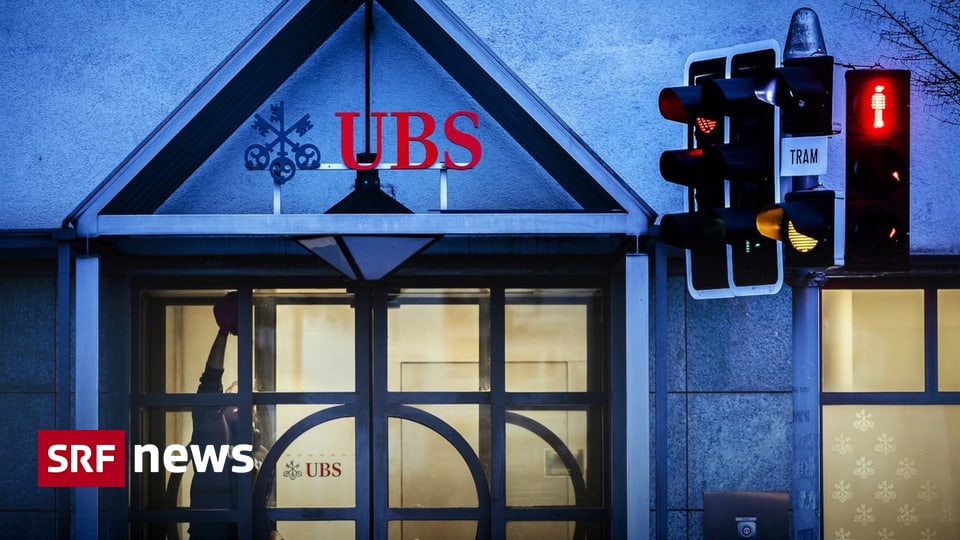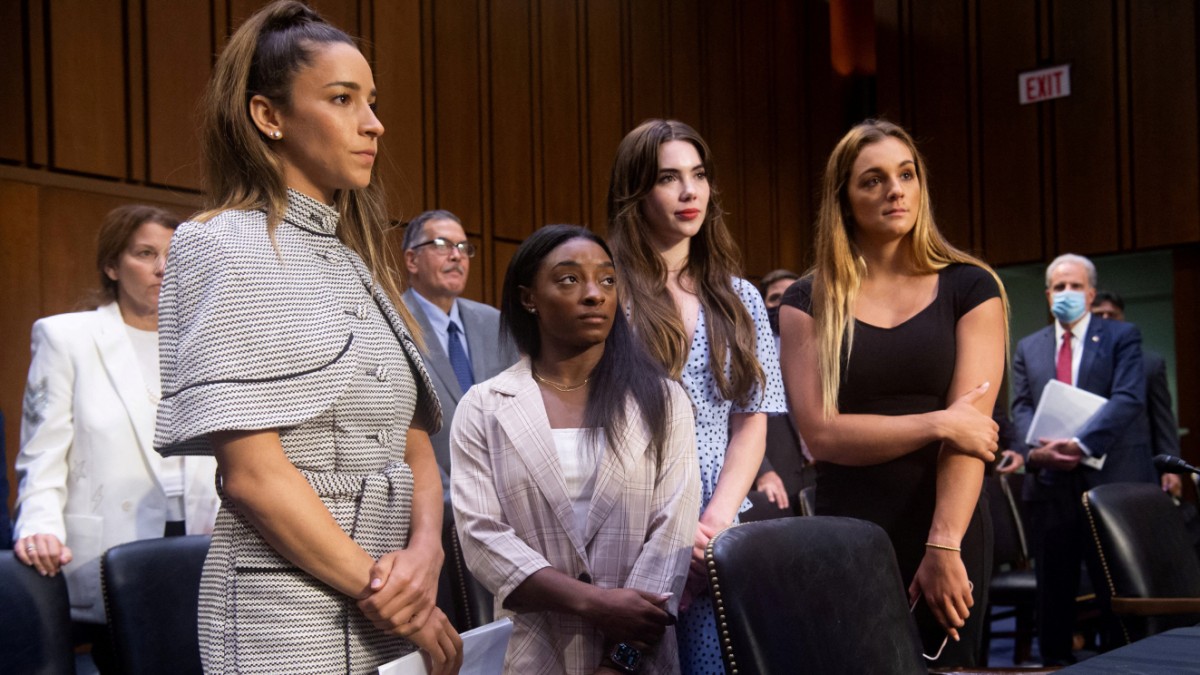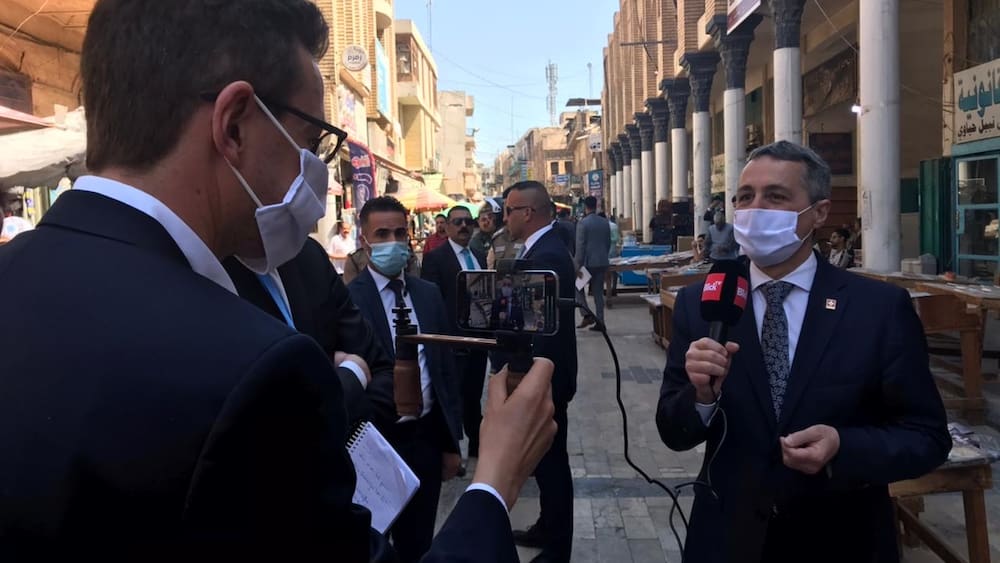On his three-nation tour, Ignazio Cassis visited Iraq, still war-torn – as the first Swiss federal advisor in 42 years. After 30 years of hiatus, Cassis wants to reopen an embassy in Baghdad. Oman is located between Saudi Arabia and Iran and is as neutral as Switzerland. Both countries are committed to achieving stability in the Gulf region. In Lebanon, people have lost all hope and their savings due to inflation. There Cassis visits the huge blast crater in the port and Syrian refugees at the border. An intense and moving program.
Federal Chancellor Cassis, what are the benefits of your Easter trip to the Near and Middle East in Switzerland?
Ignazio Cassis: Emerging, gaining reputation and the role as an active player in the region. This brings Switzerland recognition and relationships important to solving problems in crisis situations.
Are there also commercial orders?
No, this is the job of the Minister of Economy. But as Secretary of State, I am creating the conditions for that.
Is this trip a duty or a fun?
It is, of course, a pleasure for me to serve as Secretary of State. I am a curious person and I like to understand how the world works. On this trip, I explained, among other things, the new strategy of the Federal Council of the Middle East and North Africa.
They spend most of their time in the palaces of ministers and not with ordinary people.
That is why I insist that I also live the daily life, as in the market in Baghdad. I also want to meet young people because they are the future and not stuck in a dead end. This experience helps me with formal discussions. My interviewers appreciate it when I deal with their culture.
What role does your wife play when she is with you?
A very special one in these countries! They see it as a sign of respect. This has been confirmed many times. It is proof that it is important for me to show that I feel safe and welcome in your country and that I am not only interested in you for professional reasons.
The most dangerous country was Iraq. What are your impressions?
Iraq has a rich culture and cradle of civilization. Over the past 30 years, I have seen Iraq on television mostly in the context of war and conflict. Iraq is now in an important transition phase, away from war, and returning to an important geopolitical role. There was no Federal Reserve member for 42 years. Now it is important for Switzerland to check and say we are here.
why?
Iraq is in the development stage. It is now clear which countries are supporting it and which countries will come only when construction is actually completed. Switzerland sees the possibility of cooperation with Iraq and wants to intensify relations with it. In the medium term, this also includes the reopening of the Swiss embassy. This was an important sign for them.
Isn’t sending Swiss diplomats to Iraq a very dangerous matter?
Security is actually an obstacle. At dinner, diplomats from Italy, Poland, Denmark and the Netherlands told us how to protect themselves. We were able to extract valuable insights from this.
Have you already received requests from your department?
Iraq is unlikely to be the most popular place among diplomats, mainly because the family cannot be there. However, in the department we have diplomats with different interests: those who prefer to go to Paris, Berlin or Rome – and those who want to work in regions such as the Middle East.
How do you deal with matters that contradict our values, human rights and the death penalty in Iraq?
Directly, respectfully and without wanting to be useful.
What do you say exactly?
I would now like to dwell on unpleasant topics. Then the answer is: “Please.” For example, I can talk about the death penalty. Correct tone and self-criticism are important: even with us, a woman’s suffrage is only 50 years old.
Does that make any difference – or are you doing it so everyone in Switzerland can calm down and say you also talked about human rights?
I am not so naive that I think all you have to do is bring up a problem and it will be solved. But continuous stippling removes the stone. If all Western countries always deal with the same tipping points, it could make a difference.
What are the forbidden topics?
When the other person loses face. So we don’t discuss very sensitive issues in the formal political dialogue, as there are other officials at the table in addition to the ministers. Taboo topics are discussed in private, either before or after the dialogue. There you can say a lot from the foreign minister to the foreign minister without feeling embarrassed.
Do you make friends in formal conversations?
Maybe friendships in the sense of Facebook (Laugh). You cannot build a true friendship in one meeting. But in Oman, I met the foreign minister three times within 24 hours: first in private at his home for tea, because he wanted to know who I was and how I did. So the political dialogue the following day was much easier. Finally, lunch followed, where you can talk more relaxedly.
If a Swiss citizen has been arrested in Oman, can you contact the foreign minister directly now?
Yes, that would be possible without any problems. Relations with the French and Austrian foreign ministers are closer. We only call each other on the cell phone if something goes wrong or we write text messages.
Why is Oman important to Switzerland?
Oman is located between Saudi Arabia and Iran. The country is neutral and ensures stability in the region. We are glad to support you. Both countries are known for their good offices and share the same interests in peace policy.
Why does Switzerland maintain close ties with good and bad?
We want to maintain diplomatic contact with all countries. We are also in countries that violate human rights. Unfortunately, the world is not as peaceful an oasis as we wish it to be. Difficult dialogue is better than no dialogue.
Then Switzerland explains why we are neutral.
Legal neutrality only means that it must not be drawn into any armed conflict. Political neutrality, on the other hand, does not mean indifference, but simply talking to everyone and listening to everyone.
Where is the limit? With China, you suddenly became clear and criticized the human rights situation.
In China’s new strategy for the Federal Reserve, we address the human rights situation more clearly than before. However, we want to continue to have good relations with China.
China responded sharply and spoke of “defamation”.
This was not a sharp reaction in the world of diplomacy. China would have responded sharply if it expelled diplomats, ended contracts, or canceled a planned visit. China has not done any of that. It is natural for the Chinese ambassador to resist.
At the end of your trip, you visited a camp for Syrian refugees in Lebanon. What was the goal?
Send a clear signal: We are there. I immediately made sure that the half a billion we invested in the last 10 years to support Syrian refugees was used properly.
You cannot judge this on a one-hour visit.
My role is to reassure myself that things are going right. If in doubt, I can take an official check as well. If there are any doubts, we will immediately stop the funding, as we have already done.
A refugee family told you its story. How do such encounters affect your policy?
This family has made it clear that they want to return to Syria as soon as possible. This is important so that I know which policy to follow. But also talks with the authorities: A quarter of the population in Lebanon are refugees. The Lebanese fear that they are worse than the refugees. Locally, this is explosive.
Should Switzerland take in more Syrian refugees?
We do this, but only in a targeted way, for example orphans or sick children. And as much as Swiss residents will accept.
If you see these problems here: Should we be happier in Switzerland?
In politics, being aware of the problem matters. But yes: the problems are not comparable in a country like Switzerland or Lebanon. I still hear from my interlocutors around the world: “We want to face Switzerland’s problems!”
Ignazio Cassis was born in CESTA in 1961. The doctor became a member of the National Council in 2007 and has headed the parliamentary group of the Free Democratic Party since 2015. On September 20, 2017, the United Federal Council elected him to the Federal Council. He heads the Federal Foreign Office (FDFA). He is married to Dr. Paula Rodoni Cassis (57 years old).
Posted: 11/4/2021, 01:02 a.m.
Last update: April 11, 2021, 10:25 am

“Tv specialist. Friendly web geek. Food scholar. Extreme coffee junkie.”












More Stories
Hovering at 600 km/h: Japan's new bullet train delayed
Biography of former British Prime Minister Liz Truss: Without shame or guilt – News
With a simple trick: A father saves his family from a shark attack during the holidays